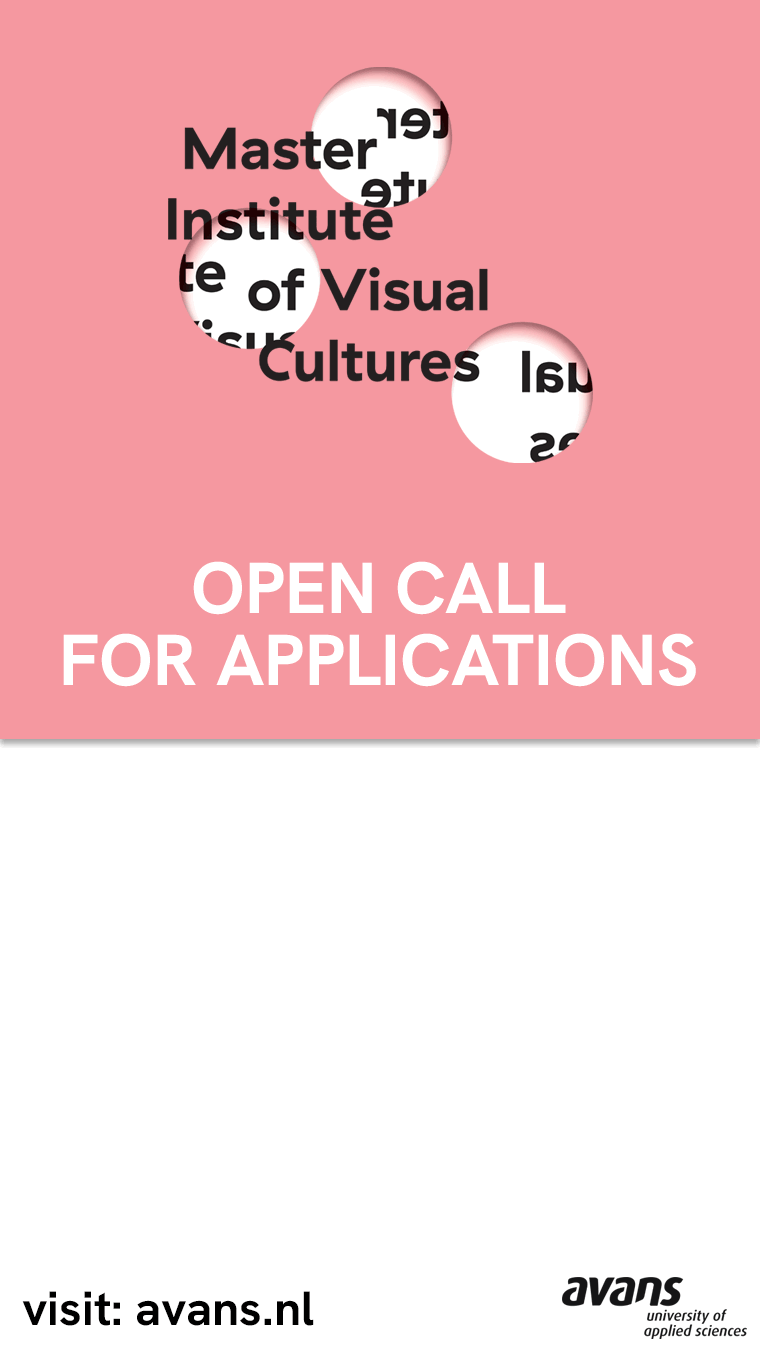Modernity and the Making of Identity in Sudan: Remembering the Sixties and Seventies
Conference organised by Sharjah Art Foundation and the Institute for Comparative Modernities, Cornell University
10–12 April 2015
Sharjah
UAE
Register at register [at] sharjahart.org
www.sharjahart.org
Facebook / Twitter / Instagram
Sharjah Art Foundation (SAF) and the Institute for Comparative Modernities, Cornell University, announce the international conference “Modernity and the Making of Identity in Sudan: Remembering the Sixties and Seventies,” taking place 10 to 12 April at the Sharjah Institute of Theatrical Arts, Sharjah, UAE. The conference is free and open to the public.
Planned ahead of a major exhibition on Sudanese modern and contemporary art titled The Khartoum School: the Making of the Modern Art Movement in Sudan scheduled at SAF for November 2016, the conference is coordinated by Sharjah Art Foundation President and Director Hoor Al Qasimi and Salah M Hassan, Goldwin Smith Professor of African and African Diaspora Art History and Visual Culture in the Africana Studies and Research Centre, and in the Department of History of Art and Visual Studies, Cornell University. Funded by Sharjah Art Foundation, the three-day conference will provide attendees an opportunity to visit Sharjah Biennial 12: The past, the present, the possible, which opened 5 March, and will be on view until 5 June.
The conference will focus on a pivotal moment in Sudan—the 1960s and 1970s—which witnessed the rise of several modernist movements that radically transformed the literary and artistic scenes. This period also witnessed extremely dynamic and creative activities in all fields of cultural and artistic production—from literature, music and theatre to visual and performing arts. The most influential among these movements were The Khartoum School (Madrasat al Khartoum) in the visual arts and the School of the Bush and the Desert (Madrasat al Ghaba wa al Sahra’) in literature, a movement which also influenced the work of several artists of the Khartoum School who will be included in the upcoming exhibition.
In addition, the question of the identity of Sudan has been central to the debate on modernity, considering what the late Professor Ali Mazrui had called the “multiple marginality” of Sudan—a diverse nation that exists on the crossroads of Africa and the Arab/Islamic worlds, and yet marginal to both.
Despite the importance of the 1960s and 1970s in shaping modernity and the question of identity in Sudan, the scholarship on such an important period remains scarce. With the exception of a few published books, articles and memoirs, the subject remains largely unaddressed in the academic and literary circles of Sudanese studies.
“Modernity and the Making of Identity in Sudan: Remembering the Sixties and Seventies” represents an effort to bring together some of the major figures who have shaped the literary and artistic scenes of the 1960s and 1970s with younger generations of scholars, artists, and literary and art critics, while providing a platform for documentation and critical investigation of this important period. The subsequent publication will include essays by participants from wide-ranging backgrounds. A comprehensive introduction will provide the historical background and critical reading of the modernist movements and the making of identity in Sudan. The book will also contain reprints of major documents and archival material related to these movements, including foundational essays, manifestos and poems from the 1960s and 1970s.
Participants include Mansour Khalid, Kamala Ibrahim Ishag, Mohammed El Makki Ibrahim, Kamala Ibrahim Ishaq, Abdullahi Ali Ibrahim, Sondra Hale, Ibrahim Mohammed Zein, El Nour Hamad, Ibrahim El Salahi, Eiman Abbas H. El-Nour, Abdullahi Gallab, Ahmed Ibrahim Abushouk, Stella Gatiano, Suleiman Mohammed Ibrahim, Kamal Elgizouli, Taban li Liyong, Nahid Mohammed Hassan, and Nureldin Satti.
For the full list of participants and the conference schedule, visitwww.sharjahart.org.
Media contacts:
Sharjah Art Foundation:
Alyazeyah Al Reyaysa: T +971 6 544 4113 ext. 25 / alyazeyah [at] sharjahart.org
FITZ & CO:
Katrina Weber Ashour: T +1 212 627 1455 ext. 1653 / katrina [at] fitzandco.com
Nicole Rumore: T +1 212 627 1455 ext. 0928 / nicole.rumore [at] fitzandco.com


